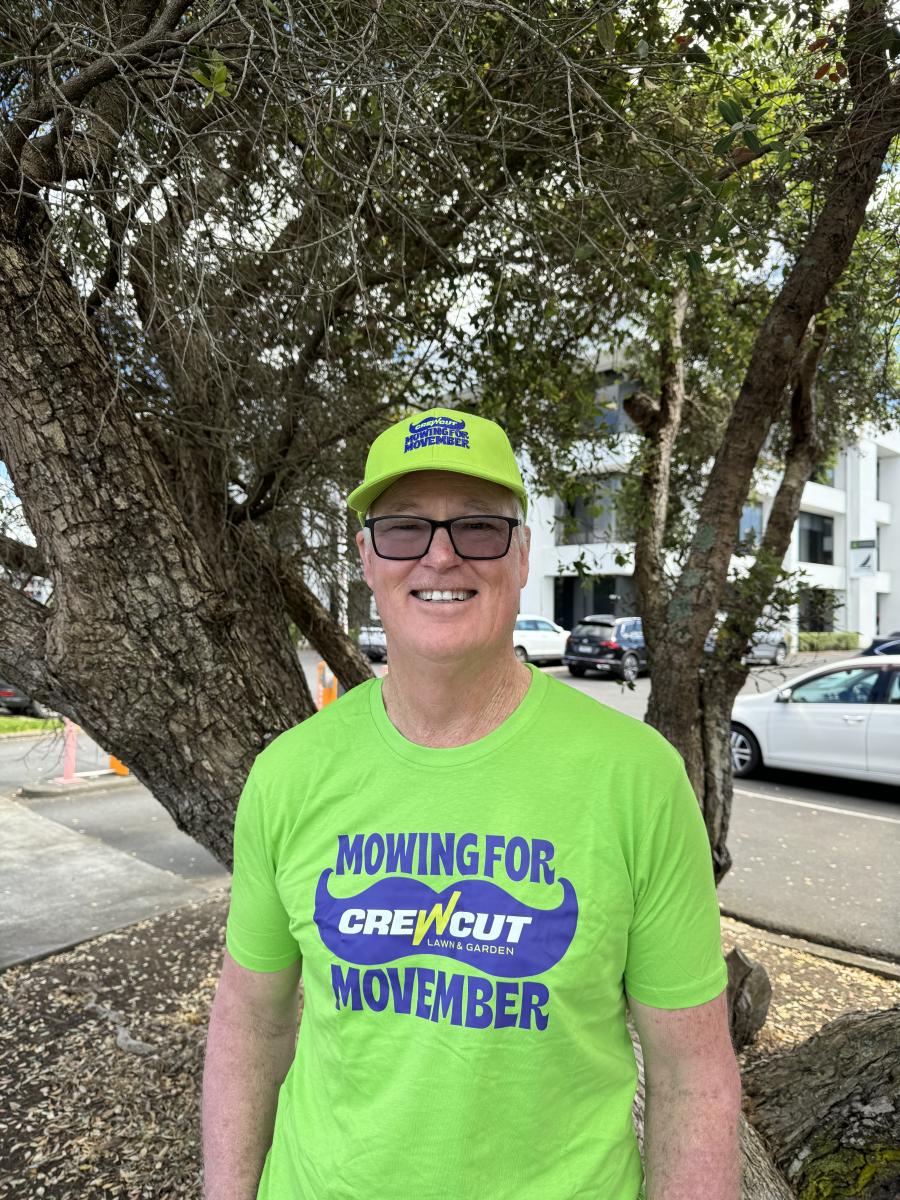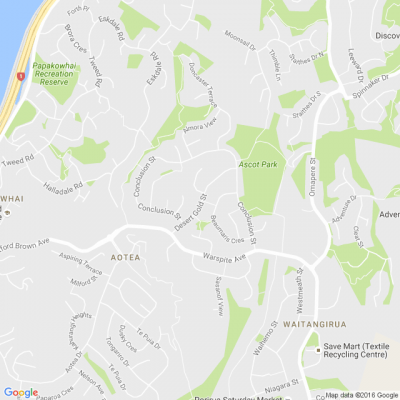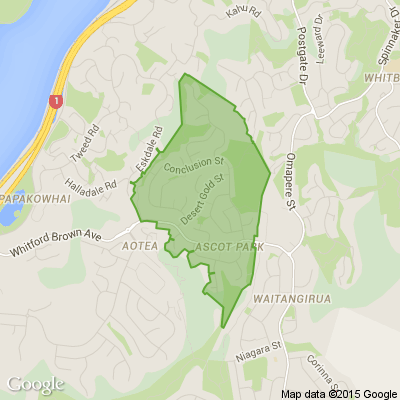Life in Gaza
Our speaker this week was Marilyn Garson, a Canadian-born New Zealander who has spent many years in the world’s worst trouble spots, trying to bring relief to communities devastated by war.
Since 2011 she has been in Gaza, and stayed on with the UN after the 2014 war between Israel and Hamas.
The Gaza Strip is an enclave 41Km long bordered by Egypt, Israel, and the Mediterranean. Its population is over 2 million, Palestinian, and nearly all are Sunni Muslims. Over one million of them are refugees registered with the UN.
In effect, Gaza is the state of Palestine, which came into existence after the 1948 Arab-Israeli war. The history of this region has been one of endless conflict, originally tribal (see the Old Testament for details), and more recently involving the Western Powers who were interested in oil and the security of the Suez canal, and to atone for the Holocaust.
Israel’s desire to secure and expand on its western border has pressed the fast-growing Palestinian population into Gaza, and to control life in Gaza via a stringent blockade. Egypt has collaborated by blockading its shorter border in the south.
Marilyn explained how the blockade works. Food, water, medical supplies and other necessities of life all pass through one gate in the in the boundary wall. This leads to poverty, and half the population needs food from relief agencies.
There have been outbreaks of violence, notably in 2014, when rockets and ordnance have been fired from Gaza into Israel and vice versa. The conflict has been one-sided, leading to the deaths of hundreds of Palestinians, including children. Nowhere is safe in Gaza.
The political situation is dire. The general policy of other governments is to provide passive humanitarian relief, but not to confront Israel, in whose hands the solution lies.
Although Marilyn sees no long-term strategy on the part of Israel, she believes opinion is shifting, and Israel may one day bow to international pressure, much as the South Africans did on the question of apartheid.
A most interesting, if depressing, talk.

Poll: Should all neighbours have to contribute to improvements?
An Auckland court has ruled a woman doesn’t have to contribute towards the cost of fixing a driveway she shares with 10 neighbours.
When thinking about fences, driveways or tree felling, for example, do you think all neighbours should have to pay if the improvements directly benefit them?

-
82.4% Yes
-
14.8% No
-
2.8% Other - I'll share below
Live Q&A: Garden maintenance with Crewcut
This Wednesday, we're having another Neighbourly Q&A session. This time with John Bracewell from Crewcut.
John Bracewell, former Black Caps coach turned Franchisee Development Manager and currently the face of Crewcut’s #Movember campaign, knows a thing or two about keeping the grass looking sharp—whether it’s on a cricket pitch or in your backyard!
As a seasoned Crewcut franchisee, John is excited to answer your lawn and gardening questions. After years of perfecting the greens on the field, he's ready to share tips on how to knock your garden out of the park. Let's just say he’s as passionate about lush lawns as he is about a good game of cricket!
John is happy to answer questions about lawn mowing, tree/hedge trimming, tidying your garden, ride on mowing, you name it! He'll be online on Wednesday, 27th of November to answer them all.
Share your question below now ⬇️

Today’s Riddle – Can You Outsmart Your Neighbours?
First you eat me, then you get eaten. What am I?
Do you think you know the answer to our daily riddle? Don't spoil it for your neighbours! Simply 'Like' this post and we'll post the answer in the comments below at 2pm.
Want to stop seeing riddles in your newsfeed?
Head here and hover on the Following button on the top right of the page (and it will show Unfollow) and then click it. If it is giving you the option to Follow, then you've successfully unfollowed the Riddles page.








 Loading…
Loading…









